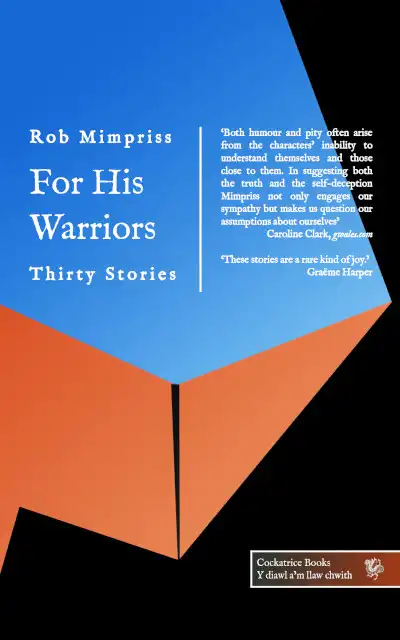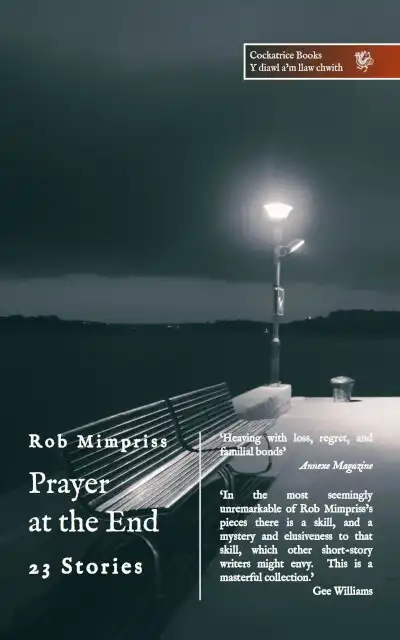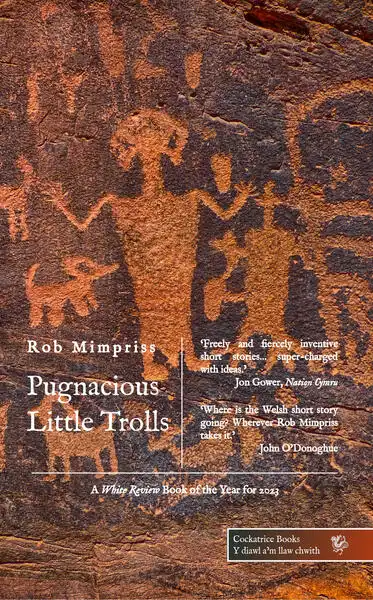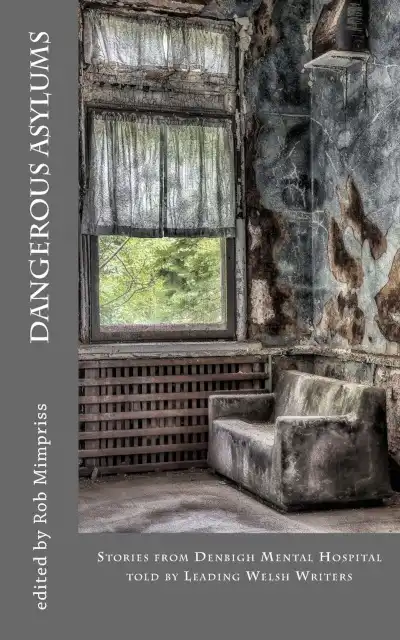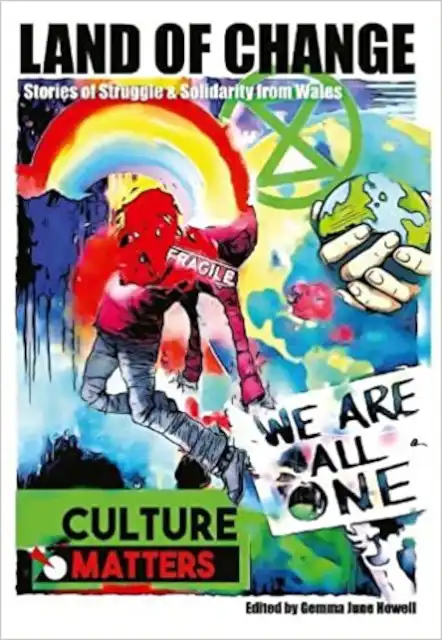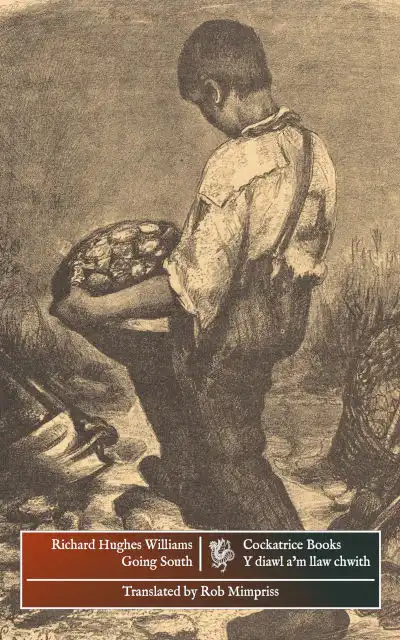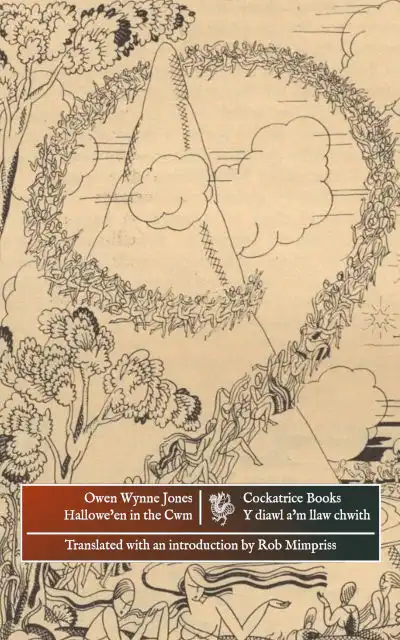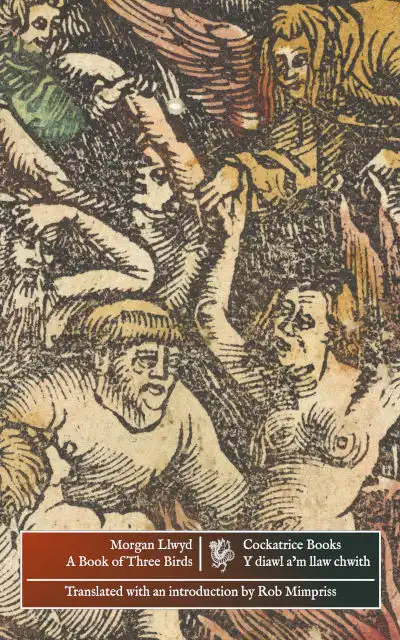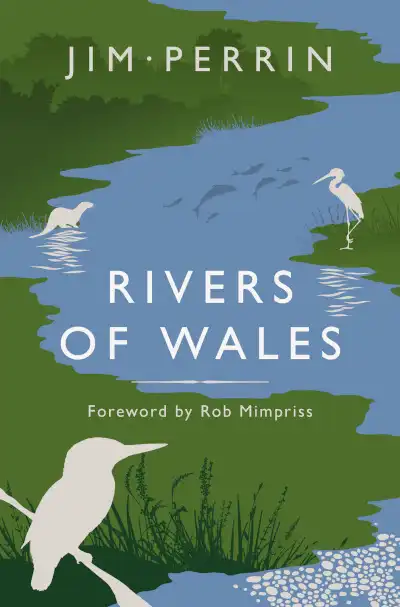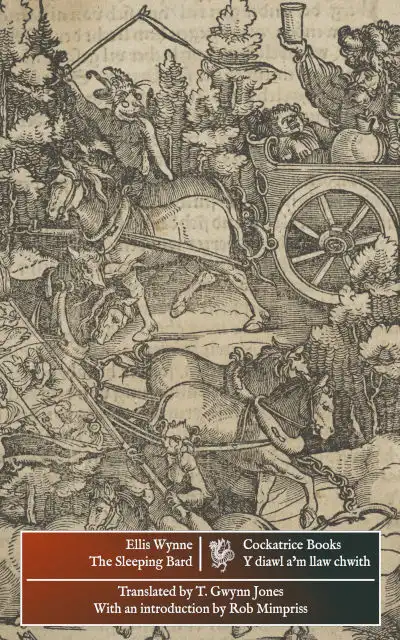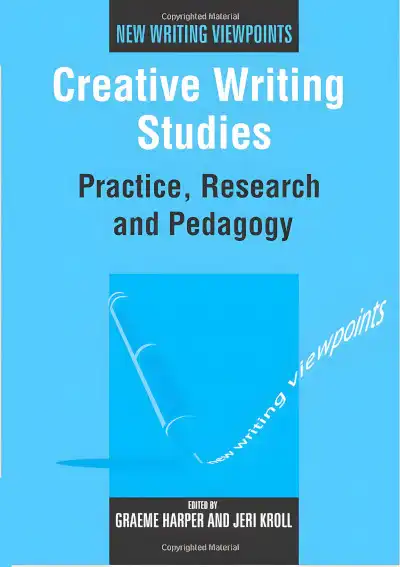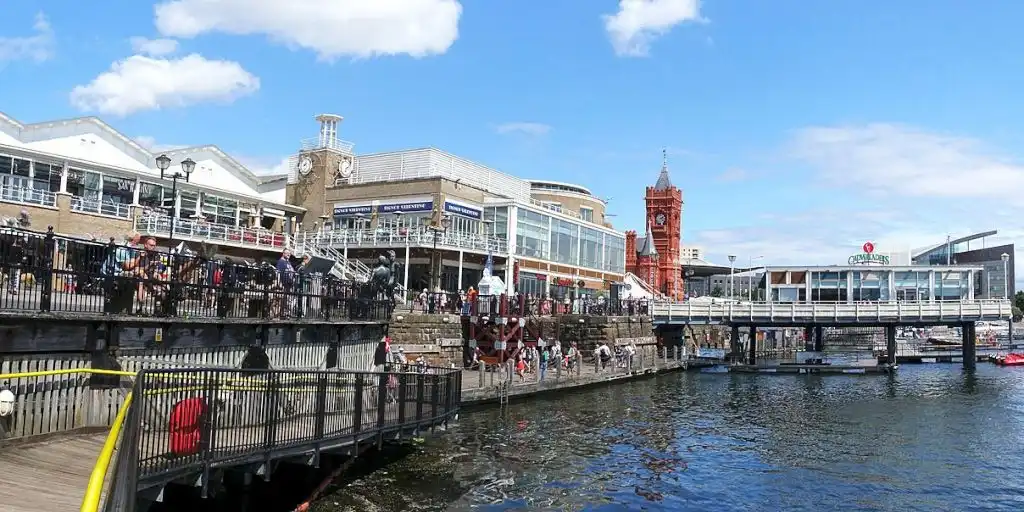That sports fans from the Celtic nations should declare their support for England’s sporting rivals has become a regular event. Writers for The Times and The Spectator took predictable offence, finding in it proof of the Celtic nations’ regressive attitudes towards their neighbour, and of their neighbour’s comforting superiority, while the spoof news site, NewsThump, cheerfully appropriated both the protest and such objections to it, finding humour in Celtic churlishness and English arrogance alike, yet rendering their rivalry familiar and homely and harmless.
Both responses miss the point. If England controls my country’s land, its resources, its taxation and public spending, if it inhibits my country’s investments and foils its prospects of economic development, if it encourages contempt for my country’s language and culture, while English and imported political leaders campaign for the abolition of its democracy, if it seeks to impose from Westminster the policies which that democracy has already rejected, then I am entitled to say (and I said on this occasion) that England as a nation has forfeited its right to demand my friendship and moral support. Moreover, if English nationalists deface Welsh political memorials with swastikas, if English residents in Wales boast that their presence damages the Welsh language, or if they denounce the Welsh people as ‘subnormal, subhuman Marxist vermin’ and demand their genocide, then a refusal to support the English team comes paradoxically to echo the stance of the English team itself in their dignified and heroic refutation of racism.
Of course, a number of different responses are possible to my position. One is to reaffirm the victimhood of the English nation, to conflate criticism and protest with prejudice and hatred, and to deny that such supposed hatred might have any actual and remediable cause. Another is to insist that those English who are hostile to the Welsh are atypical and should be disregarded, while those Welsh who are hostile to the English express the general inadequacies of their nation. A more thoughtful response might be to counter my comparison of my stance with Gareth Southgate’s, to point to the gulf that separates the Welsh Victorian quarrychild’s experience of exploitation and cultural persecution and brutalisation from that of his fellow, born to slavery or segregation on an American cotton farm.
And this places me in a quandary. I can defend my simile to some extent, at least, pointing to Michael Hechter’s account of those first Celtic colonies as England’s trial run for global imperialism, or to Hannah Arendt’s account of Nazism, appropriating the British Empire’s example of exploitation and dehumanisation overseas to its expansionist policies here in Europe, and unleashing a form of intraracial imperialism and genocide on the world which we find repeated in Rwanda and Bosnia. Or I can cite Ngũgĩ wa Thiong’o, recalling his brutalisation as a Kikuyu speaker under the British Empire in Kenya, which he compares with the use of the Welsh Not and the bata scoir to brutalise Welsh- and Irish-speaking children in the UK; or I can point out the way its imperial history and exceptionalist attitudes affect attitudes to England and its sportsmen in its former colonies even now. But I think it no great disgrace to give ground now and again, and can quite afford to withdraw my comparison, since I can substitute another. In recent years I have quietly foresworn the poppy, actuated by an increasing distaste for the triumphalism and militarism and British nationalism that it has come to represent. Saunders Lewis, Kate Roberts and Gwenallt Jones also embodied a Welsh aloofness from Britain’s imperial wars, and were accused, as I am accused, and as Welsh political leaders are routinely accused, of disloyalty, racism and political extremism: of ignorance, barbarity and hate. And if the pacifism of those Welsh nationalists was misplaced, their integrity and humanity and intelligence has inspired and humbled me rather more than the brutish, thuggish, self-righteousness posturing of the British state.

